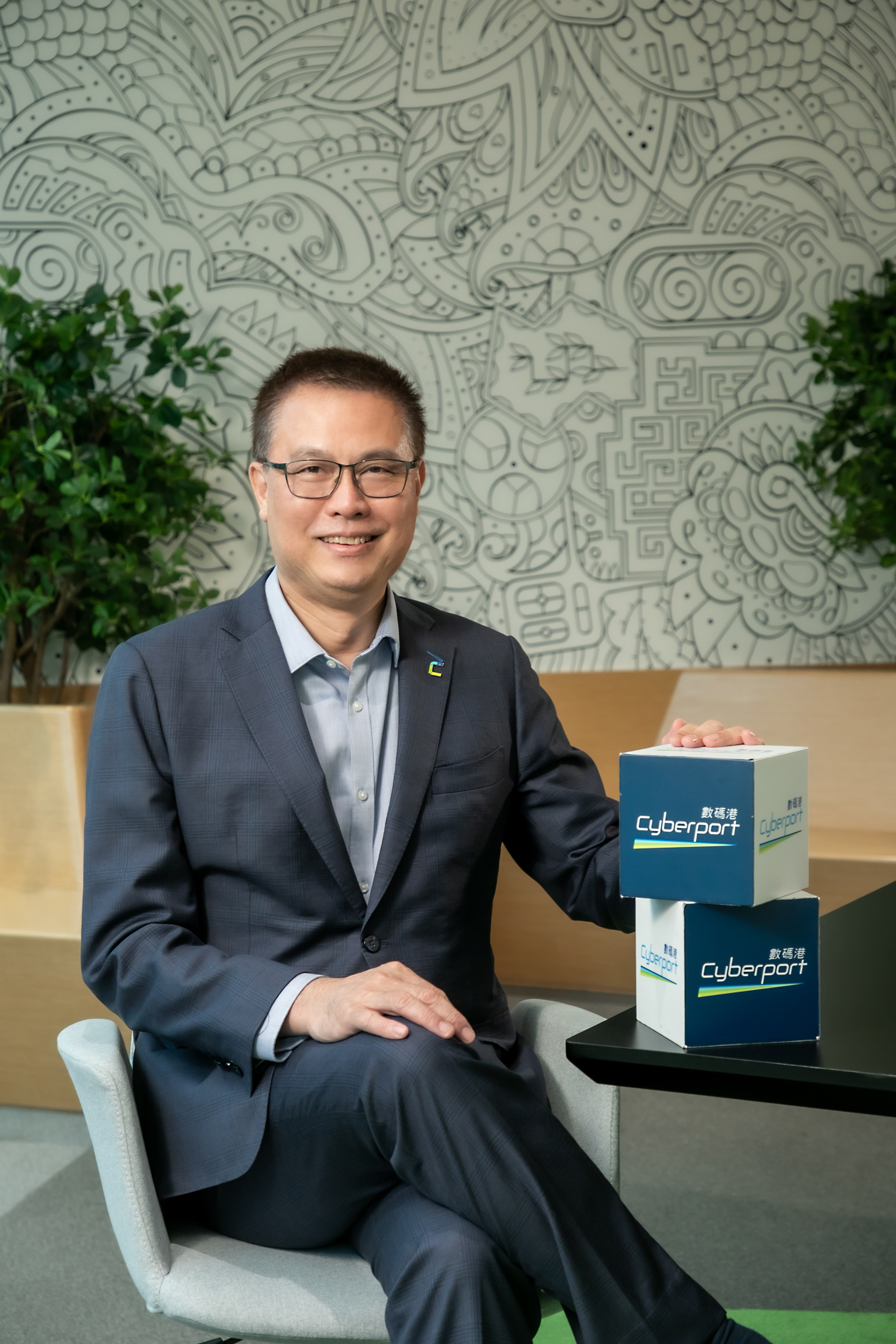
Appointed as CEO of Cyberport in April, Rocky Cheng (03/GS/EMBA) discusses the future development of Hong Kong’s digital technology hub, emphasising that nurturing innovation must "serve and resonate with people's needs." He said: “No matter how advanced, technology is meaningless if it can't be applied to improve lives. Therefore, I hope to engage with the research community and various sectors to connect scientific research outcomes with the needs of everyday lives. Only by translating research achievements into practical applications that benefit society will technological innovation truly become meaningful.” With over 30 years of experience in IT and finance, Cheng does not think that Hong Kong lags behind in fintech development. He added: "Take the Faster Payment System (FPS) launched by the Hong Kong Monetary Authority (HKMA) as an example – it was quite ahead of its time, and Hong Kong people use it every day! The key is to bridge traditional and digital economies, and this will be a major focus for Cyberport's work ahead."
Rocky Cheng, who studied computer science, recalls his early fascination in the field. “From a young age, I was exposed to stories of scientists from around the world and had heard about mathematical theories like Goldbach's Conjecture. My parents often told me that excelling in math, physics, and chemistry would open the doors to any field. This belief took root in my heart, and when it came time to choose a major, I gravitated toward this direction, so I pursued studies in computer science,” he said. “After some time, seeing the rapid rise of the electronics industry, I felt that combining my knowledge of computers and electronic engineering could allow me to make an even greater impact in the future, so that ultimately led me to pursue electronic engineering, resulting in a double bachelor's degree."

After graduation, Cheng joined a bank, which at the time had no IT department. He said: "I remember it was called the EDP Centre, which stood for Electronic Data Processing. It primarily focused on software development, as the internet had not yet fully emerged. My role was to explore emerging technologies and use my expertise to support the bank's growth. As I advanced in my career, I realised that to continue expanding the business, it was crucial to collaborate closely with other business departments beyond IT, specifically on business operations and management. Having a common language between technology and business operations was vital. That was when I decided to pursue an MBA." Cheng chose CUHK for its diverse curriculum and extensive alumni network. He said: "CUHK's EMBA programme gave me deep insights into various aspects of business management, including marketing, finance, investment strategy, and business development. It even introduced me to the wisdom of management through the lens of the I Ching, which was highly thought-provoking. This experience laid a solid foundation for my future roles in managing large enterprises and organisations. I was also fortunate to attend a lecture by Professor Charles Kao titled 'The Future of Future,' offering us a forward-looking perspective on the what was ahead of us. Moreover, my EMBA classmates came from fields such as finance, consulting, sales, and marketing. I benefited greatly from this diversity during group projects, where four of us would work together. My group included a CFO, a marketing professional, and someone who worked management in a public organisation. Every time we discussed business issues, the variety of viewpoints gave me tremendous inspiration. Even after graduation, I remained closely connected with many of my EMBA classmates from CUHK. When facing business challenges, I often seek their advice, and in turn, they consult me on financial or IT-related issues."
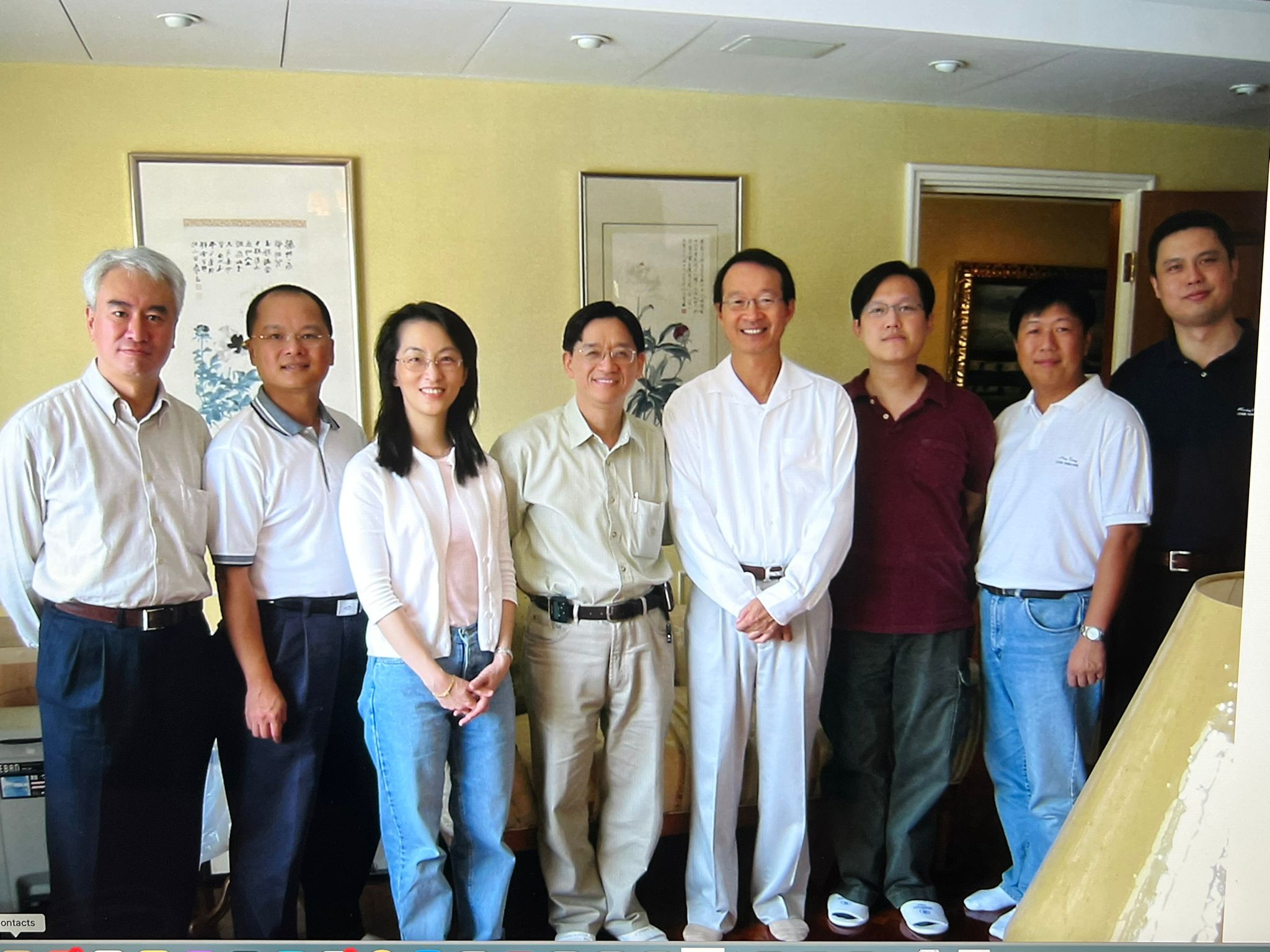
Before studying for an EMBA, Cheng viewed IT primarily as a specialised skill. However, with the business mindset gained from the EMBA, his work became much more efficient. He said: "Shifting from a technical to a business perspective allowed me to apply EMBA theories and strategies in practice, integrating my technological expertise with business decision-making as well as further coning my business acumen. This helped me develop strategies to drive innovation in financial services, enabling us to better align with market and customer needs, and expanding the company's competitive advantage." While driving breakthroughs for his company, Cheng remained committed to using his skills to give back to the society. He realised that for innovation and technology to truly transform the world and improve lives, they must be deeply integrated into everyday life. He added: "I love the famous quote from Wong Kar-wai’s film The Grandmaster: 'To see oneself, see the world, and see all beings.' Early in my career, I focused on 'seeing myself,' but as I gained professional knowledge, I sought to enhance my management abilities to benefit the business – this was the 'seeing the world' stage. Later, I recognised that for innovation to take root and benefit society, the government and its policies play a critical role. This led me to study public administration at Tsinghua University, to bridge business innovation with public policy, and to help innovative products and services reach the wider public through policies."
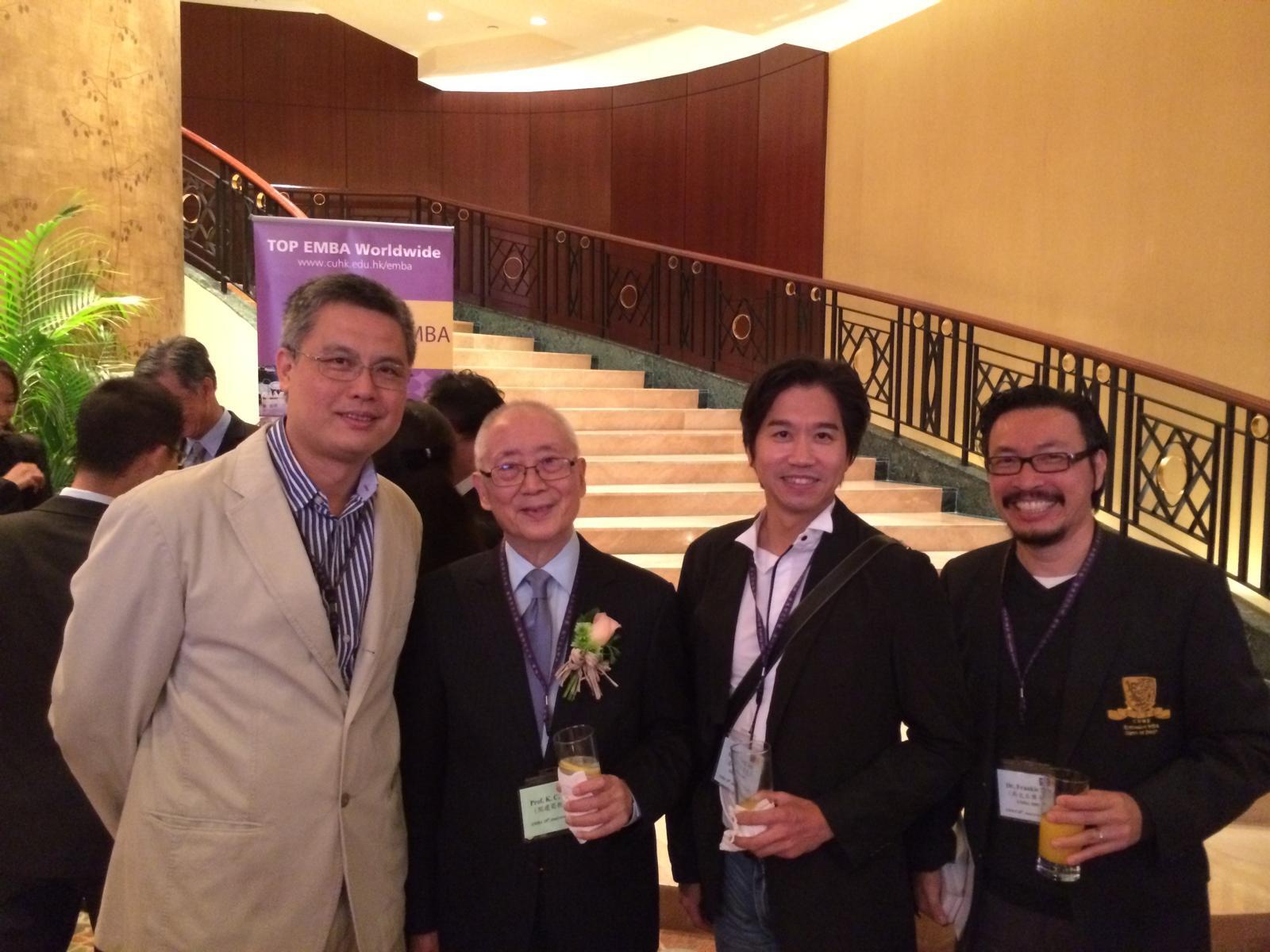
Reaching the "seeing all beings" stage was one reason Rocky Cheng chose to take on the role of CEO at Cyberport, with the rapid pace of technological advancement being another. He said: "Over the past 20-30 years, technology has drastically changed lives, from the internet, which gave birth to emails, to mobile internet, enabling 24/7 connectivity. This shift also revolutionised product design during my time in banking. With data warehouses emerging in 2005 and fintech innovations like AI, big data, blockchain, and biometric verification around 2015-2016, industries have since been reshaped. With the emergence of ChatGPT and generative AI in 2022, all industries are transitioning from digital transformation toward intelligence transformation. Every sector now needs to rethink and reimagine its products and services through the lens of AI. For Hong Kong to become a smart city and global innovation hub, it must support industries in digital upgrades, and Cyberport serves as an engine to help businesses and organisations find the right technology and talent to accelerate this shift."
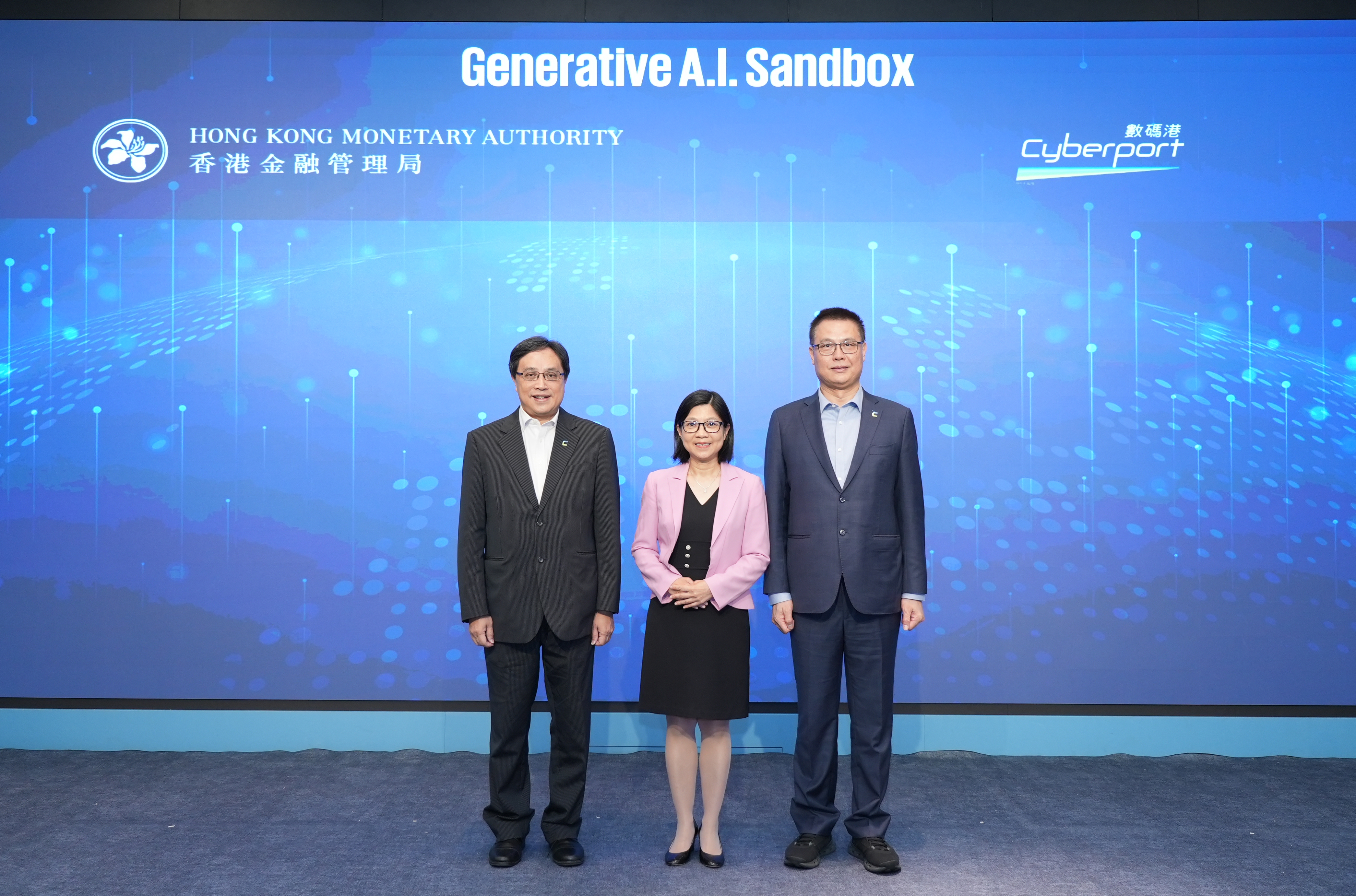
From a broader perspective, Cheng’s leadership at Cyberport aims to strengthen the impact of Hong Kong’s innovation and technology sector. On a personal level, he is also inspired by the local startups. He said: "I have often judged startup competitions at Cyberport and Science Park. These young entrepreneurs, filled with passion, were willing to invest time and money in their dreams, even knowing the risk of failure. When I was in banking, I worked to foster collaboration between banks and startups, especially as banks began digital transformation in 2016. Many fintech startups lack funding and industry connections, but they brought creative solutions that large companies simply could not provide. Through small initial projects, these startups can start to build relationships and understand industry needs, increasing their chances of success."
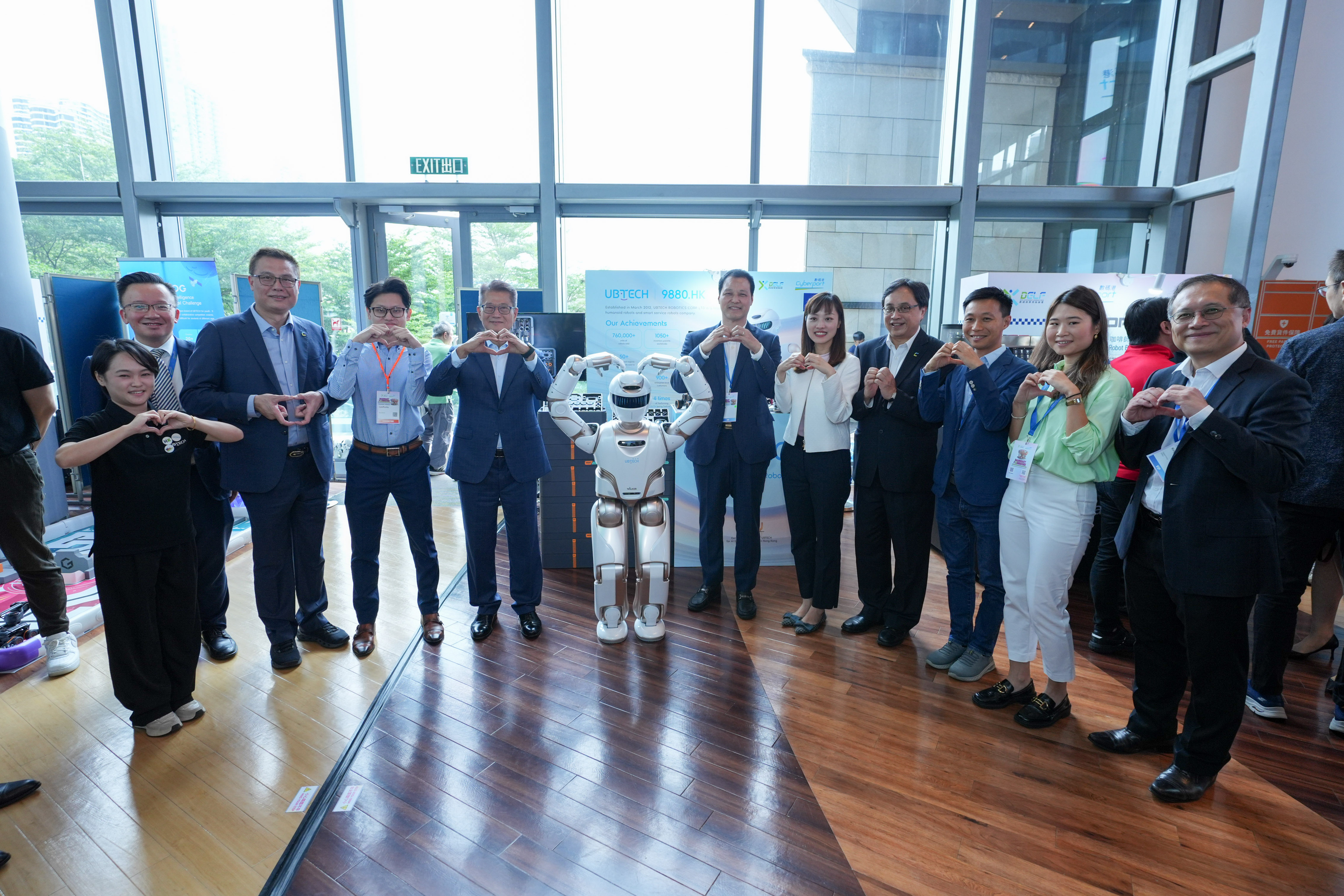
Cheng emphasised that innovation does not always have to be large or complex. He said: "One of Cyberport’s key focuses is smart living – small creative solutions that improve people's lives are already great innovations, like an app that scans food and beverages to display its production and expiry dates, or soundwave technology that verifies the authenticity of wine. Many of these ideas come from our daily lives. Universities, such as CUHK, also play a key role in driving innovation. Professor Helen Meng and her team developed an AI platform tailored to Hong Kong’s cultural context to access risk of Alzheimer’s disease, which would help alleviate cognitive decline in the potential patients, which is exactly what our society needs. There is room for universities to strengthen commercialisation and adoption of their research outcomes, and I hope for more collaborations between universities and Cyberport to turn creative ideas into products that benefit the masses."
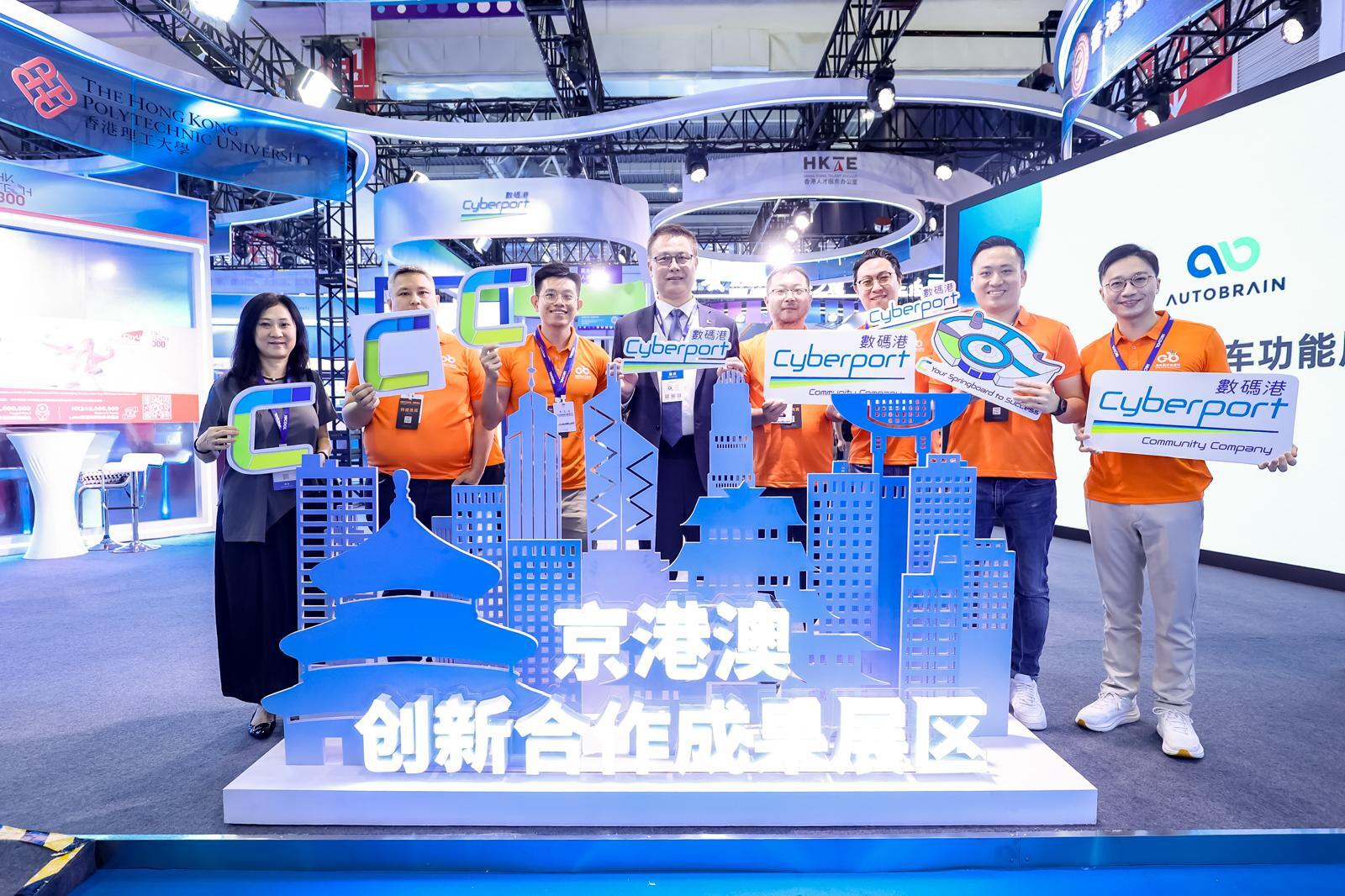
With AI causing a stir in recent years, Rocky Cheng has also found a lot of interest in this area. He said: "Cyberport is leading the development of an AI supercomputing center, with the first phase of facilities soon operational to provide computing power to universities, research institutions, and businesses. Along with building computing capabilities, it is equally important to bring in various large language models such as Llama, Google AI, Baidu's Ernie Bot, and Alibaba's Tongyi Qianwen. Notably, industry-specific language models have been game-changing, like the AI medical model from iFlytek at Cyberport, which can outperform 96.3% of human candidates in China's medical licensing exam. This model offers significant benefits for academic research, healthcare services, and personal health consultations."
Cheng's vision is to build an AI ecosystem. He said: "By introducing specialised models for different sectors and inviting companies with industry knowledge and expertise in emerging technologies to join our ecosystem, we can help businesses integrate AI into their workflows and accelerate the intelligence transformation of Hong Kong's industries. Of course, there are two key principles that guide the construction of this ecosystem: first, cybersecurity, conducting regular risk assessments to ensure the AI supercomputing center meets bank-level security standards; second, collaboration with global and mainland universities to develop benchmarks for AI quality and safety. These measures will boost user confidence in AI, allowing for greater adoption to improve operational efficiency and innovate products and services across industries."
Published on CU Alumni Magazine Issue 119 by Alumni Affairs Office 2024
Read online: CU Alumni Magazine Issue 119 (Chinese Version Only)
PDF:http://www.alumni.cuhk.edu.hk/magazine/202409/pdf/CUAM_202409.pdf
ISSUU: http://www.alumni.cuhk.edu.hk/magazine/issuu/